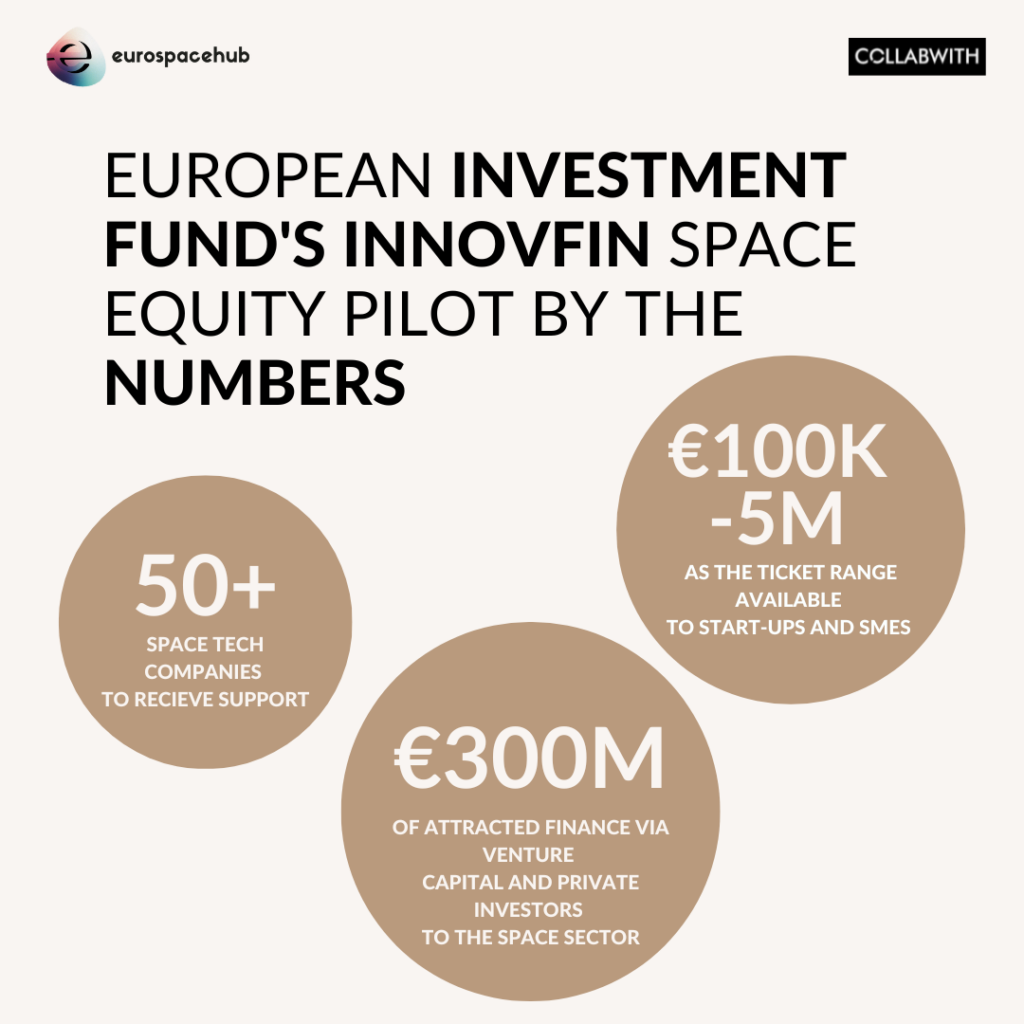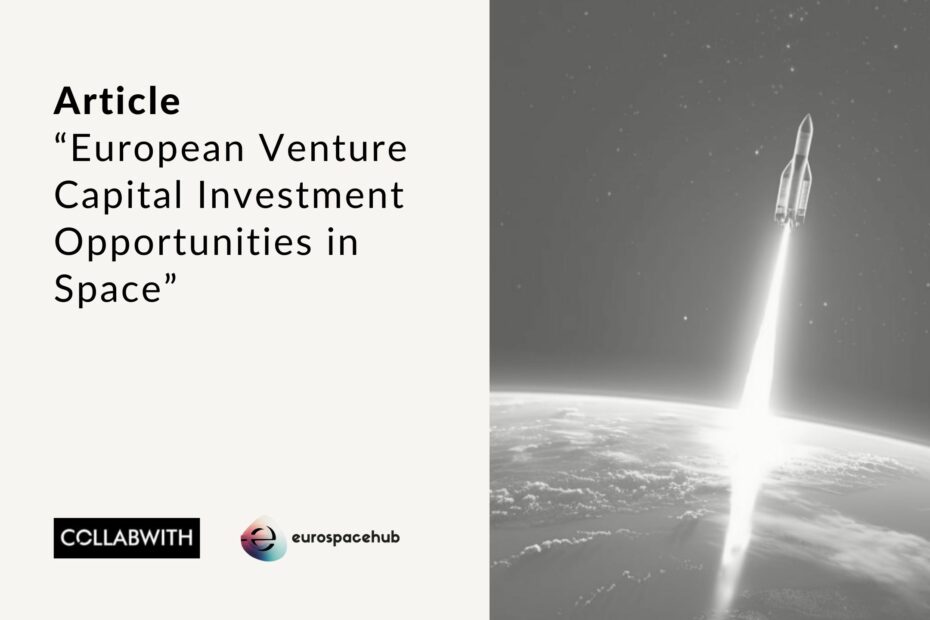Good news for the European professionals in the space ecosystem– Venture Capital (VC) opportunities to finance emerging space SMEs and start-ups are exploding in the European marketplace. This is all a part of the NewSpace phenomenon, which refers to the proliferating commercial market of private actors in space as opposed to exclusively public agencies as was the status quo decades ago. Europe is shifting its attention to this new frontier, first and foremost by making investment opportunities easily accessible and efficient for emerging start-ups looking to build support for their innovative projects.
In 2021, the EIF branch of the European Investment Bank Group and the European Commission deployed the InnovFin Space Equity Pilot, which has invested €100 million of finance to two space sector VC funds, Orbital Ventures and Primo Space. The Luxembourgish Promus Ventures fund focuses primarily on early stage support for innovative space technologies for with space-to-Earth and Earth-to-space ambitions, and the Italian Primo Space investor that emphasises facilitating inter-European technology transfers, from the seed stage all the way through to commercialisation. Since the pilot’s launch in 2021, Primo Space has assembled a portfolio of 12 start-ups with tickets between €100K-€5 million from six different European countries. Promus Ventures has generated total capital of €4.2 billion with its portfolio of 100 SMEs from all across Europe. This is a part of the EIF’s larger space investment project that has attracted over €300 million to the sector.

These projects and investments underpin the growing support of the commercial NewSpace ecosystem in Europe. As was highlighted by space finance experts at the EuroSpaceHub Ibiza Forum 2023, having VC funds and investors that understand the unique nature of the space industry is essential to designing an appropriate funding scheme for emerging space SMEs– the most important characteristic of which being the long-term investment needed to see a space SME through the phases of R&D, testing, commercialisation, and take-off. Compared to other sectors, the stakes of participating in the space environment are much higher, and thus space technologies sometimes require 8-10 years of R&D before they can be reliably brought to the market. With VC opportunities offered by funds that understand these needs like those at Promus Ventures or Primo Space, the European space sector now has investors that can meet space entrepreneurs half-way, and compromise on funding schemes that allow SMEs to grow and develop at a reliable and sustainable pace.
You can read more about these VC opportunities and how to apply for funding for your SME or start-up below!
ABOUT EUROSPACEHUB
EuroSpaceHub is a group of 5 founding members, VilniusTECH, International Space University, Complutense University Madrid, Lunex Foundation and Collabwith Group.
EuroSpaceHub aims to connect digitally the space ecosystem in Europe, from tech transfer offices to industry, space accelerator networks, research centres, and other universities. The project will allow these actors to easily connect with financial opportunities from the Horizon Europe framework, the venture capital programme, and the InnovFin initiative. EuroSpaceHub will bridge the gap between academic institutions and industry using a collaborative mindset and entrepreneurship programmes inside the universities connected through tech transfer offices.

EUROSPACEHUB IS FOUNDED BY VILNIUSTECH, INTERNATIONAL SPACE UNIVERSITY, COMPLUTENSE UNIVERSITY OF MADRID, COLLABWITH, LUNEX FOUNDATIONS AND FUNDED BY THE EIT HEI INITIATIVE LEAD BY EIT MANUFACTURING & EIT RAW MATERIALS.
